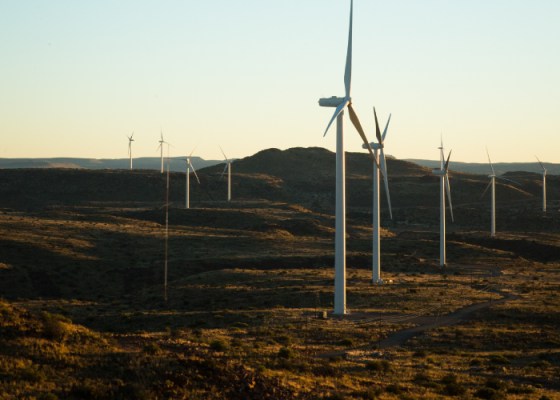
Existing technologies for direct air capture technologies require a lot of heat to remove the CO2 after it has been absorbed by filters. The previous process was laborious and often very energy inefficient. What was often missing was a more efficient CO2 capture. Filters are the key, and more than one startup has dealt with this in the past few years.
Israel-based RepAir Carbon has now developed an approach based on fuel cell technology ideas to achieve just that and now has a $ 1.5 million seed funding round jointly led by Counteract and ESIL concluded with the participation of the Consensus Business Group. ImpactAssets and other investors. ESIL is a partnership between EDF Renewables, Johnson Matthey and the Bazan Group.
RepAir Carbon aims to develop this “cell” approach to what it calls “modular direct air capture” to capture or store greenhouse gases “on a gigaton scale”. The promise is significantly lower energy consumption and a less CapEx-intensive, modular structure based on electrochemistry.
According to RepAir, it uses electrical power and a selective membrane to separate CO2 from the air and uses “up to three times less energy for every ton of CO2 captured without high temperatures or significant pressure differences”.
Amir Shiner, Co-Founder and CEO of RepAir, said, “Direct air capture plays a key role in any scenario where global temperature rises by less than 2 ° C. However, today’s solutions are too expensive, energy-hungry and resource-intensive. We are working hard to develop a responsible energy-footprint technology that can be used in many more environments. This investment will help us to further develop and optimize our TRL3 prototype. “
In addition to Shiner, the RepAir team includes co-founder and chairman Yehuda Borenstein, CTO Ben Achrai, PhD, and board member Yushan Yan, PhD.
Andrew Shebbeare, Managing Partner at Counteract, said, “We strongly believe in the role of direct air capture, but we also believe that today’s technology needs to evolve. We are convinced that RepAir, with a promising platform and an exceptional team, will advance the state of the art and pave the way for a responsible and scalable DAC. “
Eli Cymbalista, CEO of ESIL, said, “Our goal is to accelerate and commercialize startups to provide viable solutions that support the transition to a NetZero world. We believe RepAir is a perfect fit for this mandate and we look forward to bringing the skills and resources of our partners’ networks to use to accelerate their progress. “
In an interview with me, Shiner added, “We will eventually have more blocks that scale like Lego. We can scale modularly. For example, we can place our device next to a wind farm, where we get the energy to equip the device. We are very flexible about the location of the device because we use air and not the pollutant emissions from a chimney. “
